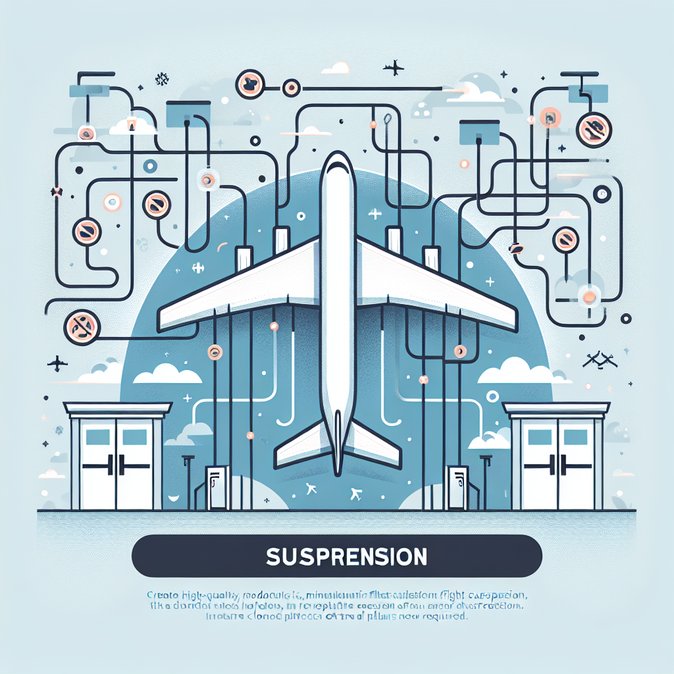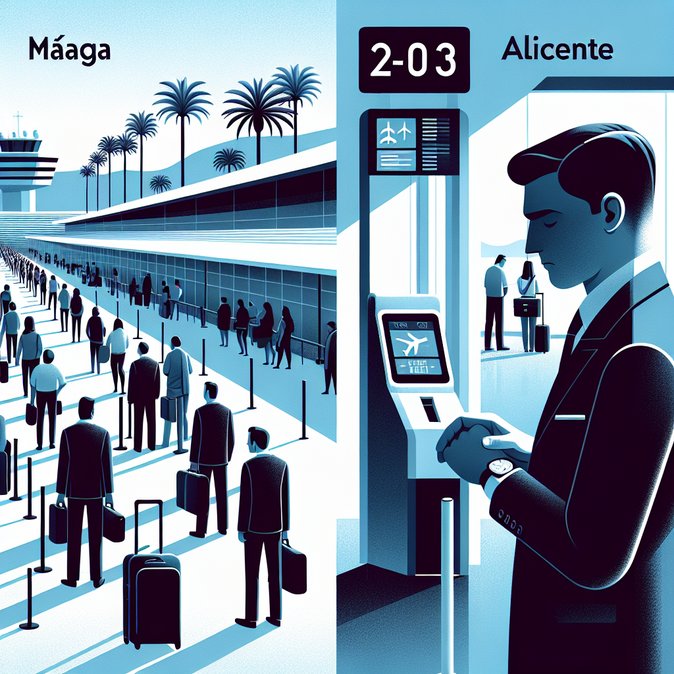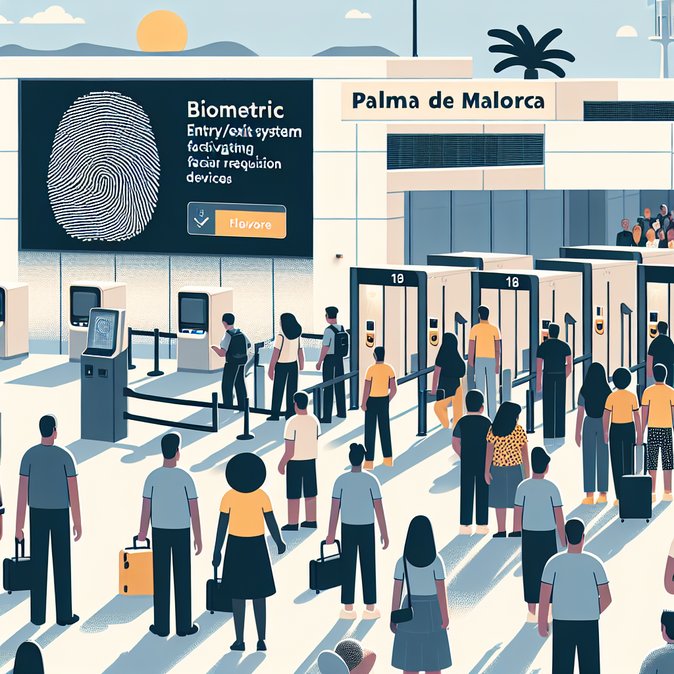
Spain’s fragile air link with Venezuela collapsed on 24 November after Spanish carrier Air Europa suspended its Madrid–Caracas service, citing “operational reasons” related to regional security warnings. Venezuelan airlines Estelar and Laser simultaneously cancelled flights on 24, 26 and 28 November, while Iberia had already pulled its five weekly rotations. The latest decisions follow a U.S. Federal Aviation Administration (FAA) alert on 22 November highlighting intensified military activity and deteriorating security around Venezuelan airspace.
The result is a de-facto grounding of the once-busy Spain–Venezuela corridor that carried more than 250,000 passengers a year before the pandemic. Hundreds of travellers were stranded at Madrid-Barajas on Monday evening looking for routings via Bogotá, Lisbon or Santo Domingo. Madrid airport authorities confirmed all departures to Caracas were scrubbed for at least four days, and they advised passengers not to travel to the airport without confirmed re-booking.
![Air Europa joins wave of cancellations as Spain–Venezuela air corridor shuts down over security concerns]()
The shutdown underscores how geopolitical flashpoints can upend corporate mobility with little notice. Spanish energy, telecoms and construction companies with staff in Venezuela must now cobble together multi-stop itineraries via Panamá, Bogotá or São Paulo, adding cost, transit-visa complexity and duty-of-care exposure. Travel-risk consultancies rate the Caracas market “High” for security and now warn of heightened logistical disruption in the run-up to Venezuela’s December regional elections.
Insurers are also reassessing war-risk premiums for overflights, while global mobility departments are weighing temporary relocation of assignees to third-country hubs such as Miami or Madrid until direct links resume. Immigration lawyers note that Spanish citizens stranded in Venezuela may face Schengen overstay issues when eventually returning via multi-country routings, and they counsel proactive documentation of delays.
Spanish authorities have yet to issue a formal NOTAM banning operations, but aviation analysts say carriers will not risk crew and equipment until both Caracas airport security and regional air-defence postures improve—a process that could take weeks or months. Companies with critical travel to Venezuela should therefore activate contingency routing plans and check insurance coverage for scenarios that now include forced overnight stays in high-risk transit points.
The result is a de-facto grounding of the once-busy Spain–Venezuela corridor that carried more than 250,000 passengers a year before the pandemic. Hundreds of travellers were stranded at Madrid-Barajas on Monday evening looking for routings via Bogotá, Lisbon or Santo Domingo. Madrid airport authorities confirmed all departures to Caracas were scrubbed for at least four days, and they advised passengers not to travel to the airport without confirmed re-booking.

The shutdown underscores how geopolitical flashpoints can upend corporate mobility with little notice. Spanish energy, telecoms and construction companies with staff in Venezuela must now cobble together multi-stop itineraries via Panamá, Bogotá or São Paulo, adding cost, transit-visa complexity and duty-of-care exposure. Travel-risk consultancies rate the Caracas market “High” for security and now warn of heightened logistical disruption in the run-up to Venezuela’s December regional elections.
Insurers are also reassessing war-risk premiums for overflights, while global mobility departments are weighing temporary relocation of assignees to third-country hubs such as Miami or Madrid until direct links resume. Immigration lawyers note that Spanish citizens stranded in Venezuela may face Schengen overstay issues when eventually returning via multi-country routings, and they counsel proactive documentation of delays.
Spanish authorities have yet to issue a formal NOTAM banning operations, but aviation analysts say carriers will not risk crew and equipment until both Caracas airport security and regional air-defence postures improve—a process that could take weeks or months. Companies with critical travel to Venezuela should therefore activate contingency routing plans and check insurance coverage for scenarios that now include forced overnight stays in high-risk transit points.


